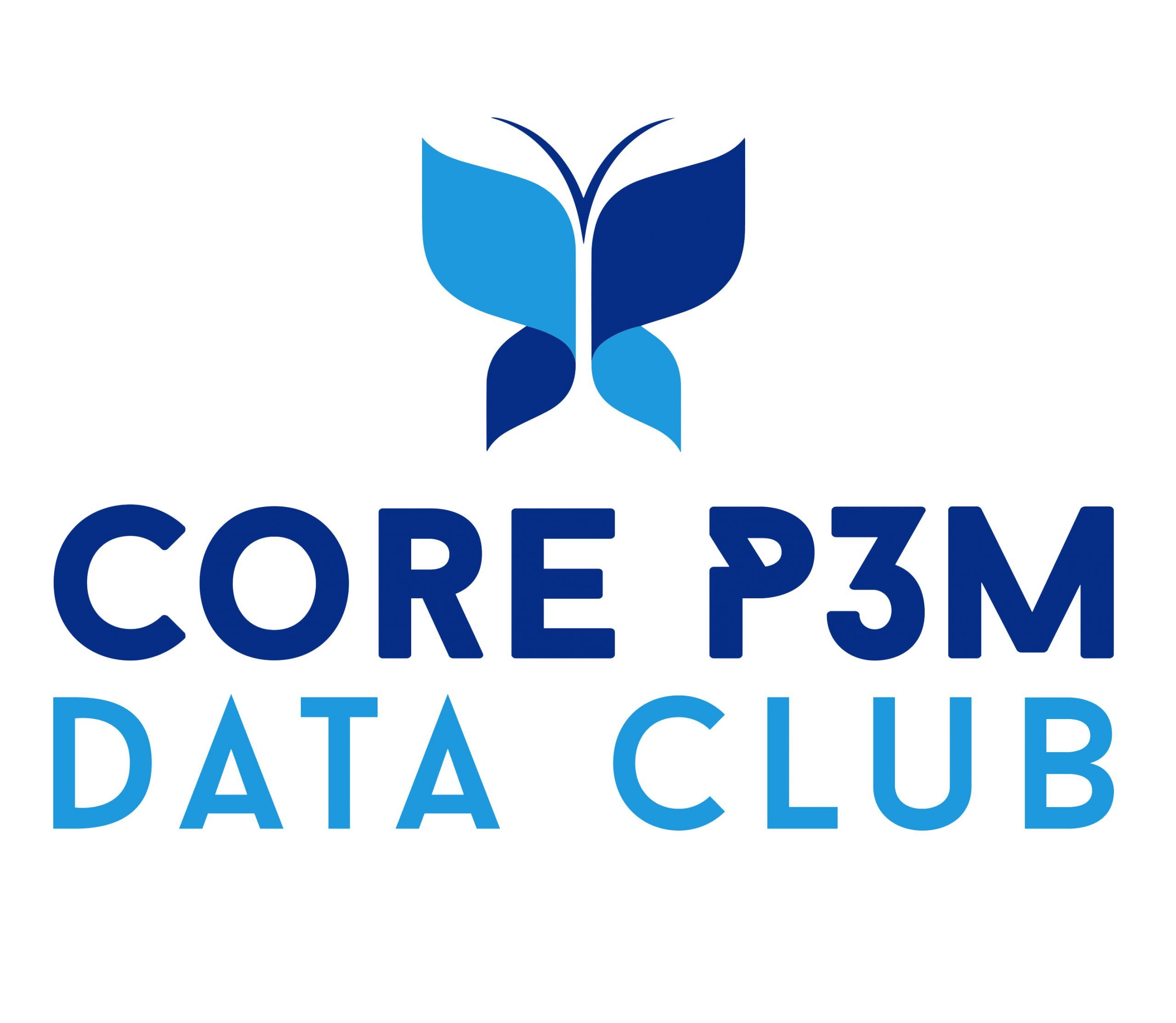The Programme Node recognises that Programmes are the conduits between objectives collated into Portfolios and the activity to realise them in Projects and Workstreams. Objectives may be strategic, or tactical (e.g. for emergent/ongoing programmes and programmes which simply provide a projects oversight). References to respected publications are made, and assumptions around programme management are offered to provide context for the Programme Node.
A Governance agenda is provided which covers:
Progress and Status - looks “backwards” to historical trend, last period benefits and delivery performance/issues (including perhaps statutory, regulatory, ethical and sustainability headings of concern to a Programme Sponsor). Overall accomplishment, escalations and exceptions, review of cost/resource performance, review of any proposals for additional scope for potential inclusion in the programme, and review of assurance escalations.
Enablers – this section covers the less black and white material including review of Objectives (have there been any changes in underlying drivers), key people performance review (e.g. Project Manager effectiveness), efficiency and effectiveness trend review, lessons learned realisation, culture and ethics implications review, satisfaction reviews (staff, customers).
Prediction – looks “forwards” to prediction of outcomes and confidence trend in the achievement of those outcomes – the governance team focuses heavily on outcomes (but takes input from the Projects on forecast outputs). This section of the agenda includes reviews of forecast strategic outcomes, overall costs, resource related issues, review of risks and confirm priorities/balance of finance/resources commitment. Decisions would then be taken to commence, slow down or speed up, change or stop existing projects, and review resources or funding position.
A final topic is provided to discuss the varying information needs during the lifecycle of a programme and flags that different methods (for example MSP and SAFe) have similar levels to them, and while they appear very different, the components are similar.
Further information is available within the Core P3M Data Club including the detailed materials underpinning the node definition, example management information examples to support the Programme agenda, an example data collection spreadsheet, a data definition, an example data model and dashboard prototypes.
This material is shared in the public domain for use ‘as is’ and for public, collaborative development which the voluntary Core P3M Data Club will manage. It is on a roadmap for release into Praxis.
Further work is expected to share implementation stories, capture further MI examples and programme scenarios, which depend on the contribution from volunteers (practitioners, consultants and tool vendors).
Link to content here.

Programme ‘Governance Agenda’
